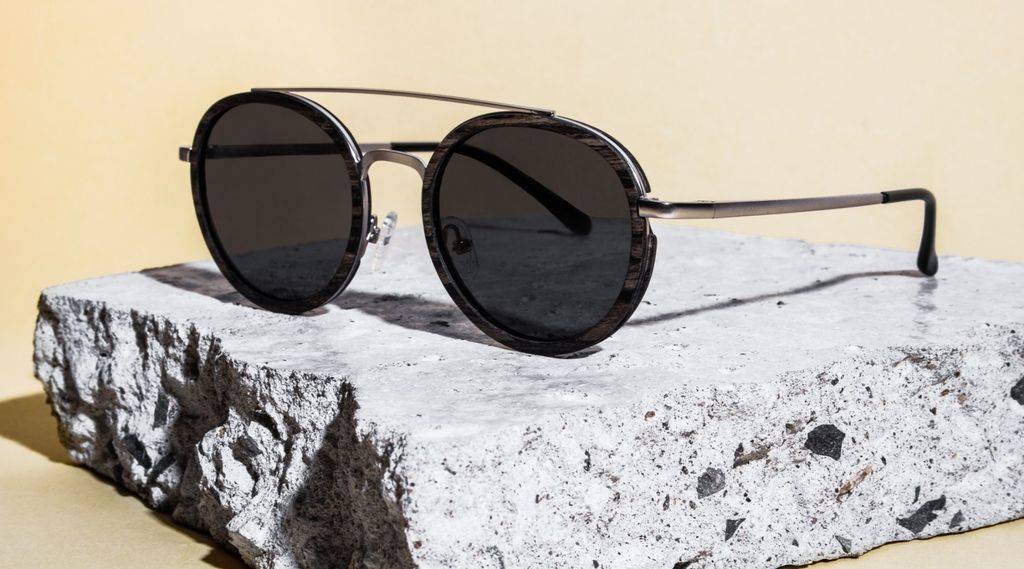- Check for the CE mark and inspect the lenses for scratches, blisters, or curvatures.
Choosing the right pair of sunglasses goes beyond just a fashion statement; it is crucial for protecting your eyes from the harmful effects of the sun.
According to Manage Men’s fashion on X, these are the seven essential factors to consider when buying sunglasses:
1. Glasses must block ultraviolet rays
Ultraviolet (UV) radiation from the sun is invisible to the human eye but can be damaging. Ensure that the sunglasses you choose offer proper UV protection. Look for certifications or labels indicating UV-blocking capabilities, such as UV200, UV400, or UV600.
Opt for sunglasses with a minimum UV400 protection, especially when engaging in outdoor activities like skiing or spending time at the seaside.
Read More
2. It must have a CE (Conformité Européene) certificate
Quality sunglasses should have a reliable registration certificate, such as the CE mark. This certification ensures the product meets minimum safety requirements per European Union standards.
Check for the CE mark and inspect the lenses for scratches, blisters, or curvatures.
3. Glasses must be focused on a vertical line
To assess the quality of sunglasses, put them on and focus on a vertical line. The image should remain steady when you move the sunglasses up and down or from side to side. If you notice any distortions or refractions, it indicates a poor-quality pair.
4. Light absorption rate should be appropriate
Consider the light absorption rate specified in the sunglasses' operating instructions. This indicates how much light the lenses absorb, reflect, or allow to pass through. The ideal absorption rate varies depending on the environment.
A rate of 40-50% is suitable for urban areas, while mountainous regions with steeper sun rays may require 50-70% absorption. Aim for sunglasses with an absorption rate of 80-85% for sea and sky environments.
5. Not every expensive pair of glasses is qualified
Price alone does not guarantee the quality and UV-blocking capabilities of sunglasses. Some expensive sunglasses may have coloured lenses that do not cause the pupil to shrink. This can allow harmful UV rays to enter the eyes.
Always ensure that the sunglasses you choose are certified for quality and UV protection.
6. Mirrored or polarized glasses do not provide extra protection
Mirrored lenses may reflect some incoming light, making them suitable for areas with intense sunlight, like the seaside. However, the mirrored coating does not significantly impact the UV-blocking capabilities of the sunglasses.
Similarly, polarized lenses are not typically associated with UV protection but provide better visual comfort. For optimal eye safety, choose sunglasses that are both polarized and offer effective UV protection.
7. Do not ever use imitation sunglasses
Avoid using imitation sunglasses altogether. Fake sunglasses may only block visible light but lack the necessary UV filters. This can disable the natural ability of your pupils to protect your eyes.
With the pupil opening wider due to the dark environment created by the sunglasses, harmful UV rays can enter the eyes more quickly. It is crucial to invest in genuine sunglasses that provide proper UV protection.
By considering these seven factors, you can make an informed decision when purchasing sunglasses that enhance your style and safeguard your eyes from the sun's harmful rays.
Protecting your vision is a top priority, and quality sunglasses are an essential accessory for maintaining optimal eye health.



-1772102940-md.jpg)


-1772090413-1772095461-md.jpg)
-1772094026-md.jpg)

-1772102940-sm.jpg)


-1772090413-1772095461-sm.jpg)